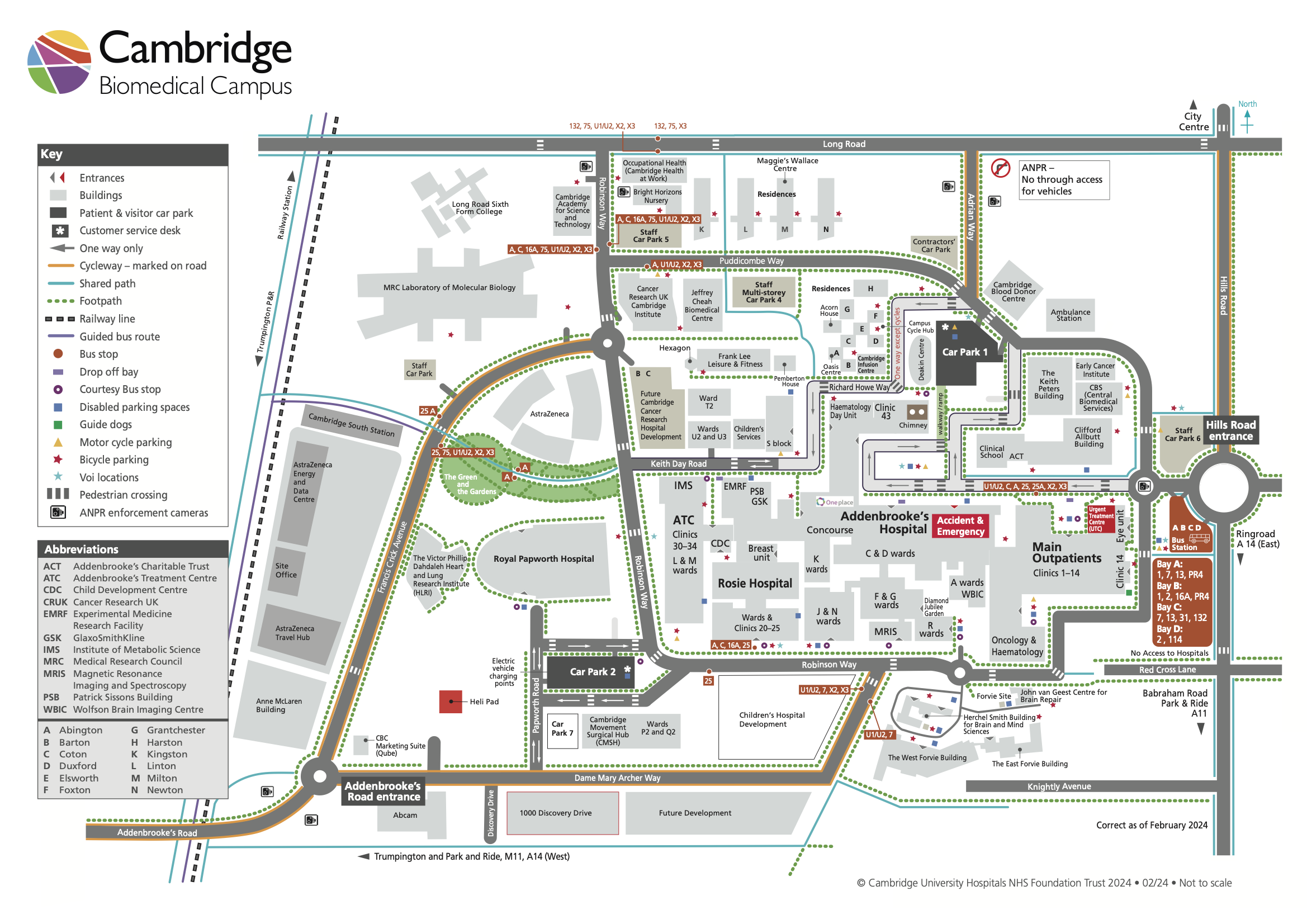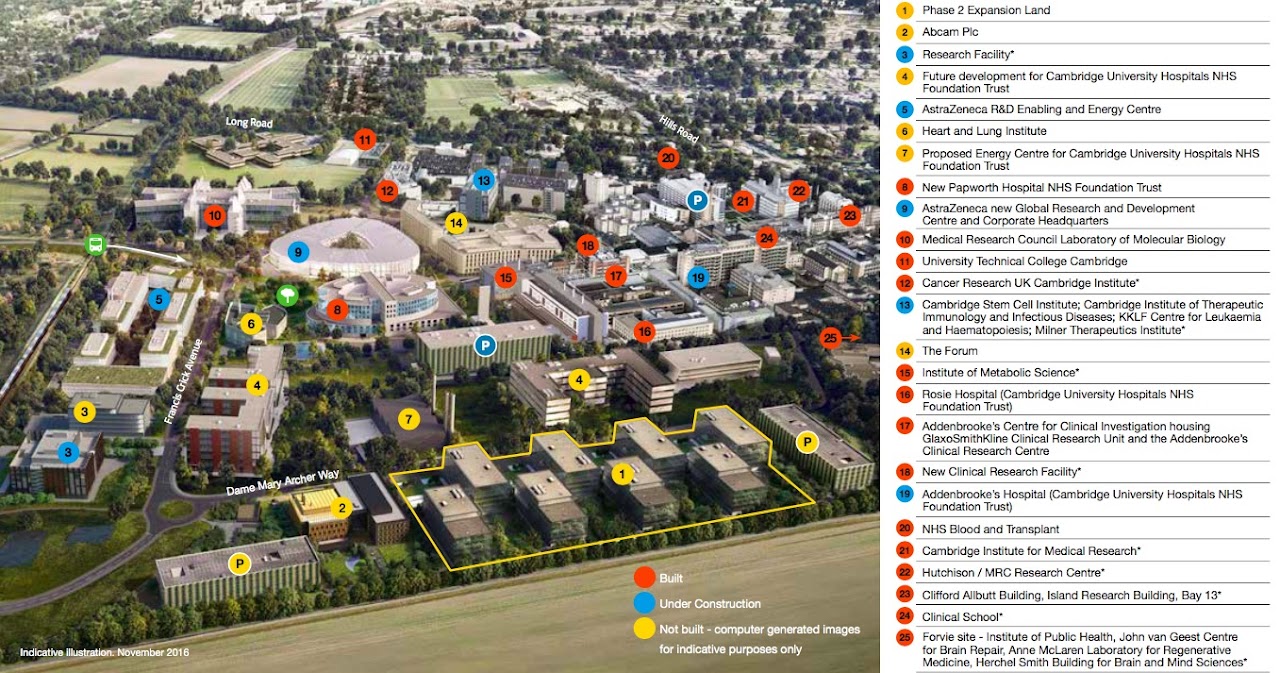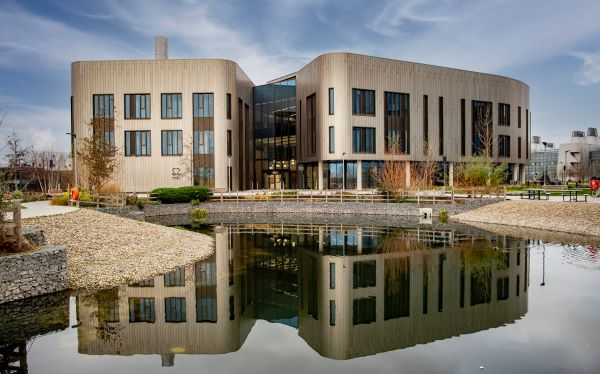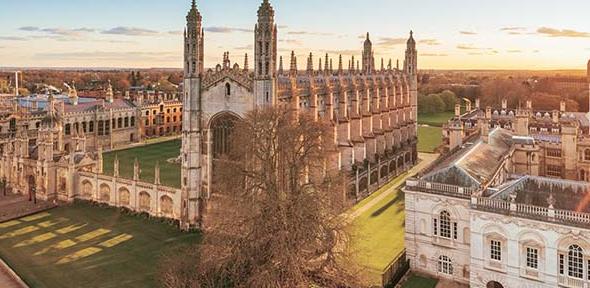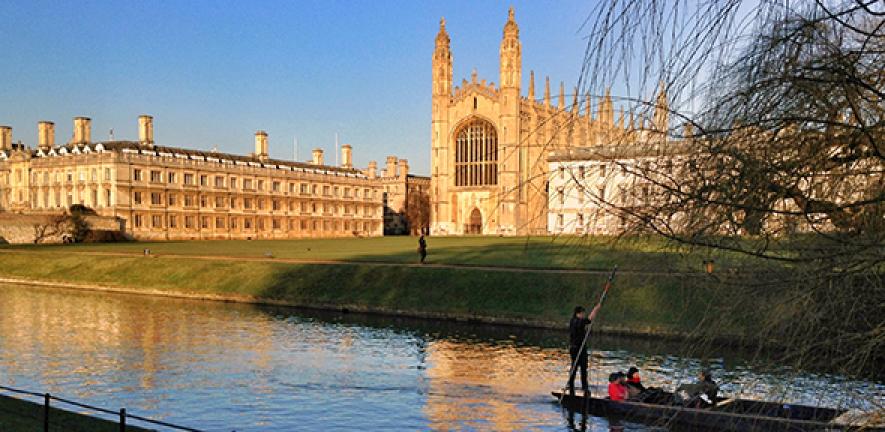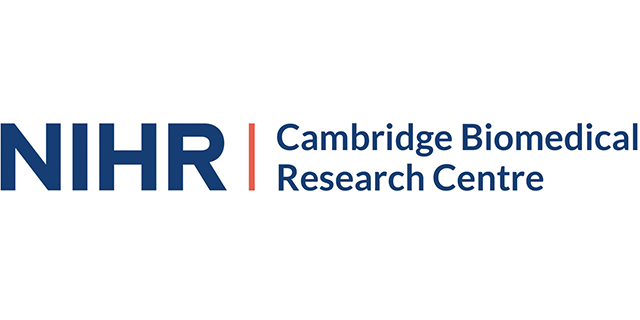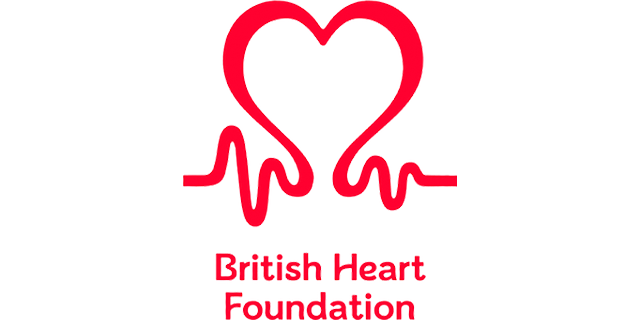About us: contact, funding and info about Cambridge
We are part of the Cardiovascular Epidemiology Unit (CEU) in the Department of Public Health and Primary Care at the University of Cambridge (UK) and are based at the Heart and Lungs Research Institute (HLRI) on the biomedical campus.
Some snapshots
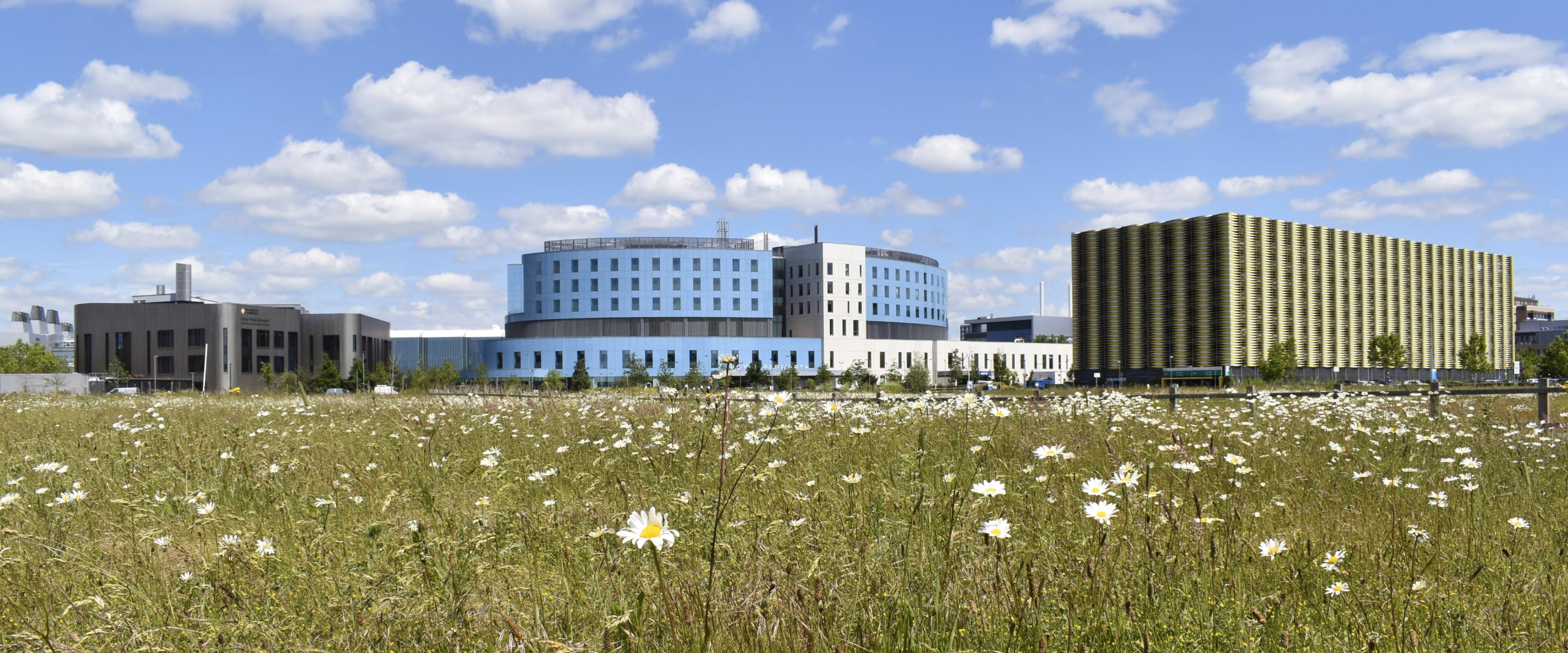
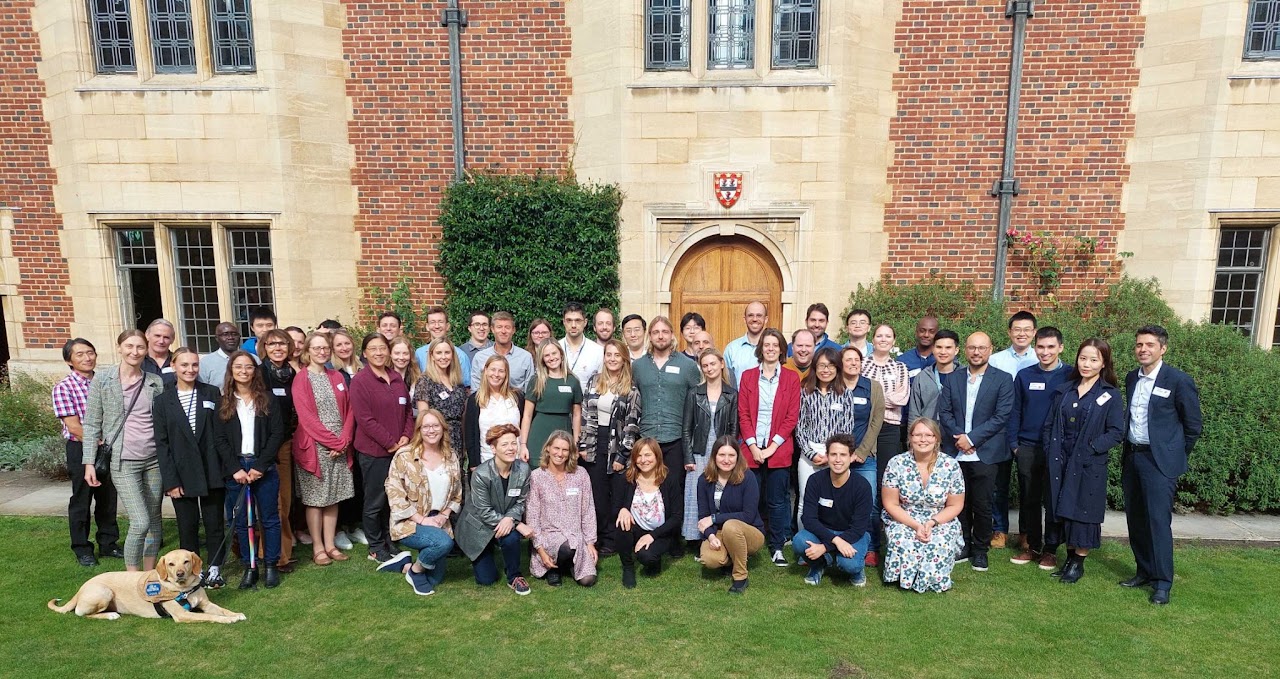
Funding and support
About Cambridge
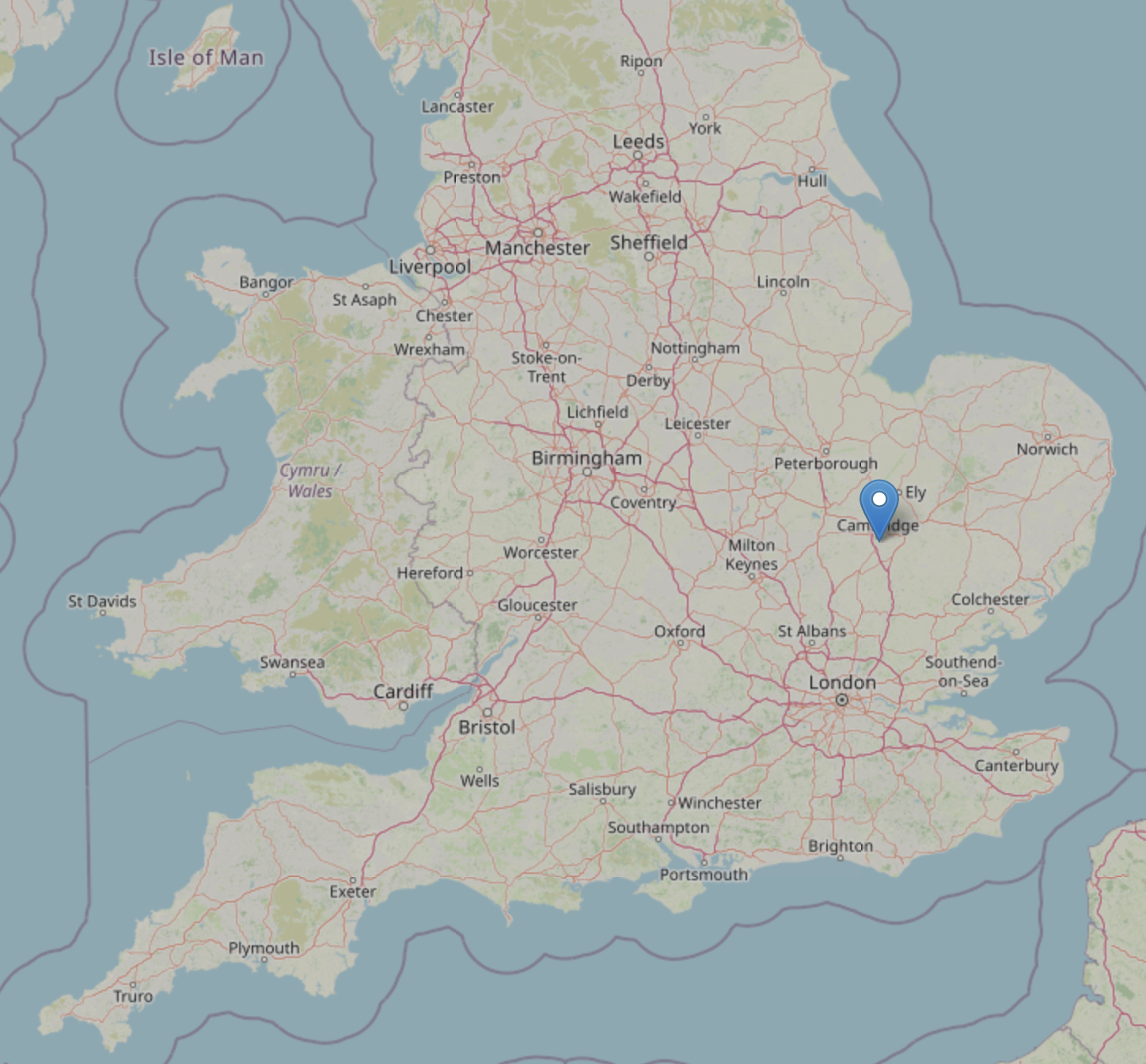
A good (independent) guide about relocating to Cambridge is available on MoverDB. The University also has a lot of resources for this.
Cambridge is located around 55 miles north of London and has a population of ~180,000 people. Within Cambridge, most traffic is done by bike: the city is very flat and has the highest level of cycle use in the UK apparently).
Transports: there are direct trains to London King’s Cross (50min) and Stansted Airport is also nearby (30 miles and quick direct trains). A new station, Cambridge South, is also expected to open ~100m from our office sometime in 2025!
University Accommodation Service
The University Accommodation Service helps staff, students and visiting scholars who are affiliated to the University in their search for suitable accommodation in Cambridge. The dedicated accommodation team can provide access to a wide range of University-owned furnished and unfurnished properties, and has a database of private sector accommodation available for short and long-term lets. For further information and to register with this free service please visit accommodation.cam.ac.uk.
The BRC is at the centre of an immense amount of industry and academic activity. Ten minutes north is the Cambridge Station tech precinct which houses leading data science and AI companies, such as Microsoft Research, Amazon, Apple and Samsung AI. A short bus/cab ride south is the Wellcome Genome Campus, home to the Wellcome Sanger Institute, EMBL European Bioinformatics Institute, Genomics England and others. A 45 minute train south is the London King’s Cross tech precinct, which includes the Alan Turing Institute, Google’s London Headquarters, DeepMind and the Francis Crick Institute.
From Wikipedia:
Cambridge is at the heart of the high-technology Silicon Fen or Cambridge Cluster, which contains industries such as software and bioscience and many start-up companies born out of the university. Over 40 per cent of the workforce have a higher education qualification, more than twice the national average. The Cambridge Biomedical Campus, one of the largest biomedical research clusters in the world, includes the headquarters of AstraZeneca and the relocated Royal Papworth Hospital.
The city, like most of the UK, has a maritime climate highly influenced by the Gulf Stream. Located in the driest region of Britain, Cambridge’s rainfall averages around 570 mm (22.44 in) per year, around half the national average. Owing to its low-lying, inland, and easterly position within the British Isles, summer temperatures tend to be somewhat higher than areas further west, and often rival or even exceed those recorded in the London area. Typically the temperature will reach 25.1 °C (77.2 °F) or higher on over 25 days of the year over the 1981–2010 period.
